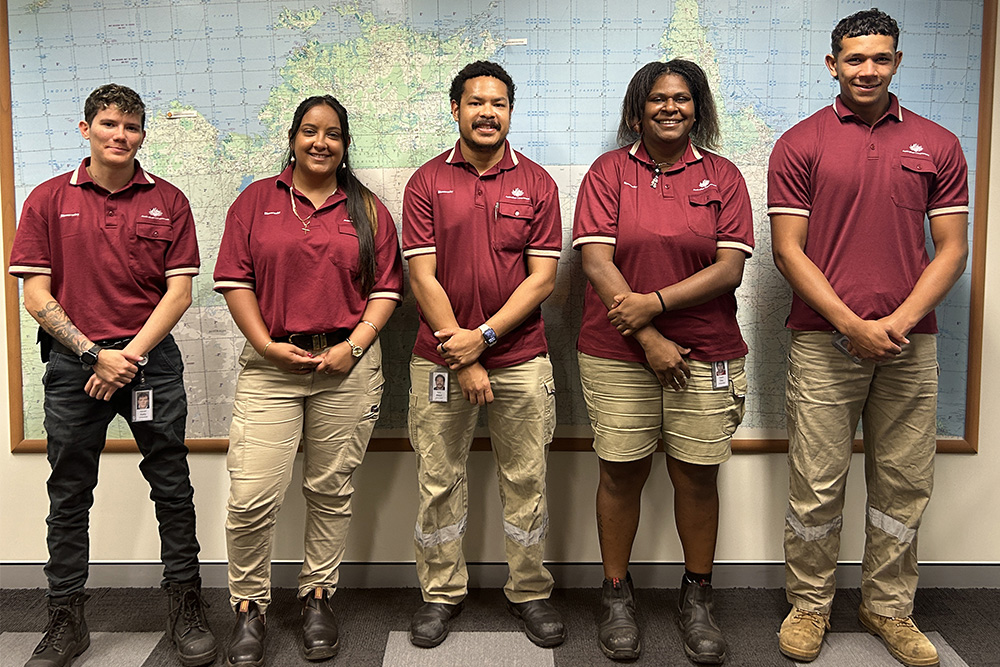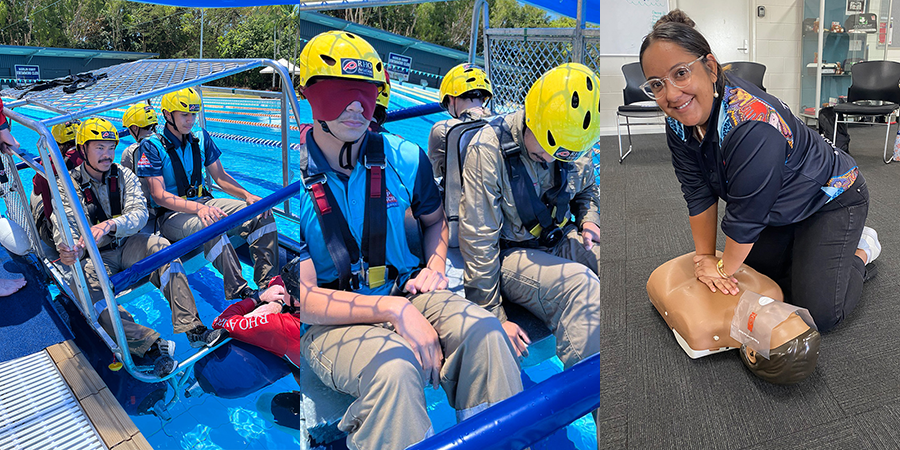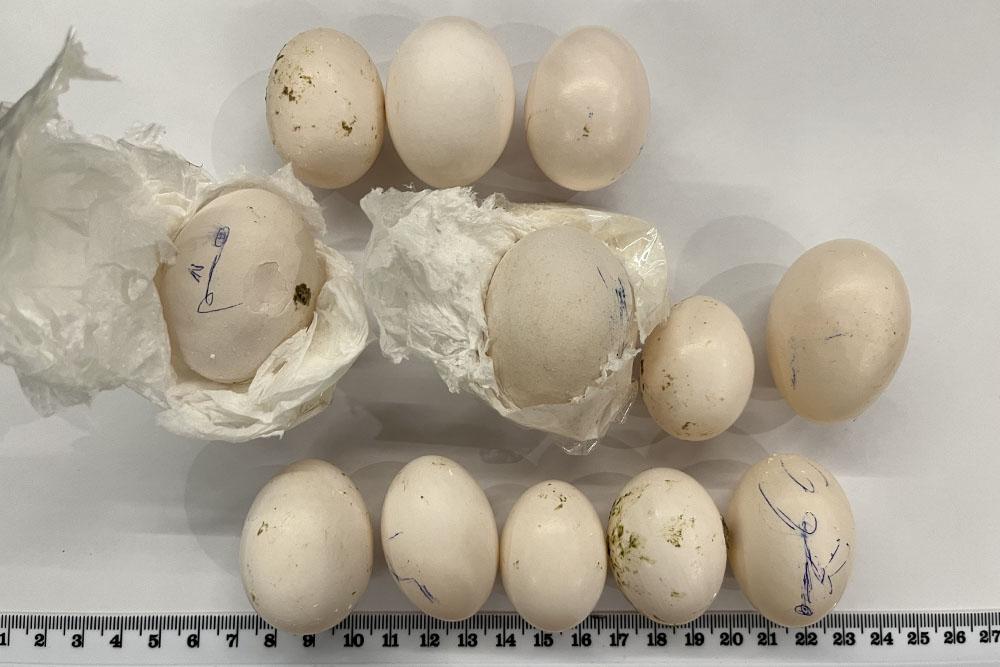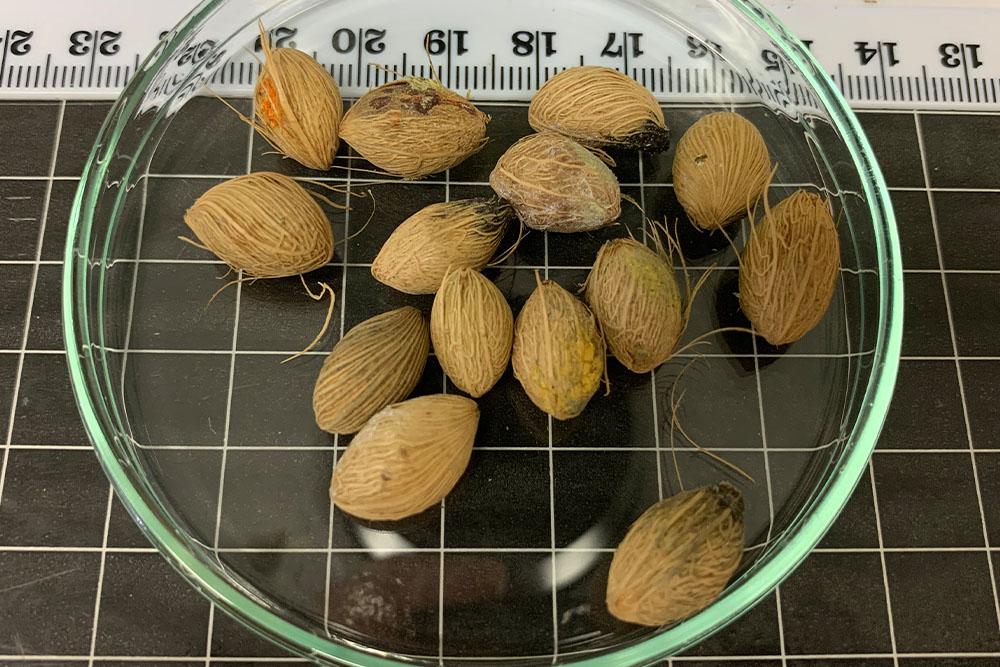Last month, five new Indigenous Biosecurity Trainees embarked on a promising journey as they began a two-year traineeship with the Indigenous Ranger Biosecurity Program.
This traineeship provides First Nations candidates with opportunities for roles in biosecurity or other positions within the department or other government agencies.
Throughout their traineeship, the trainees will develop their specialised skills in biosecurity, enhancing the ability to manage biosecurity issues, especially within Indigenous communities across northern Australia. By rotating through different sections within the department and working alongside local, state and other commonwealth agencies, the trainees will gain comprehensive, hands-on experience in the field.
The selection process was thoughtfully designed to be culturally appropriate and practical. Instead of traditional interviews, candidates took part in group activities on Country in Cairns, Darwin, and Waiben (Thursday Island). This unique approach allowed for an assessment that was both engaging and suited to the program’s values, ensuring each selected trainee is well aligned with its mission. Upon successful completion, each participant will receive a Certificate III in Government, a valuable credential in their professional journey.
From a pool of 73 applicants, five trainees were chosen. Aaliyah Kelly and Keli Law-Palm will be based in Cairns, Jaime Parrington in Darwin, and both Cassandra Dau and Nathaniel Majid will work in the Torres Strait on Saibe (Saibai) and Waiben islands respectively.
The Indigenous Biosecurity Traineeship initiative is an important investment in biosecurity, fostering professional growth and community engagement for Aboriginal and Torres Strait Islander people while strengthening connections between communities and government stakeholders.
After completing their week of induction, the trainees have hit the ground running. They have participated in field trips with their Biosecurity Engagement Officers and scientific colleagues, and completed their remote area first aid and comprehensive 4-wheel drive and recovery training.


The group also excelled in exciting helicopter underwater escape training.
To learn more about the Indigenous Ranger Biosecurity Program, and catch up on the latest Frontline Ranger Newsletter read the Frontline Rangers: Biosecurity in the north!



